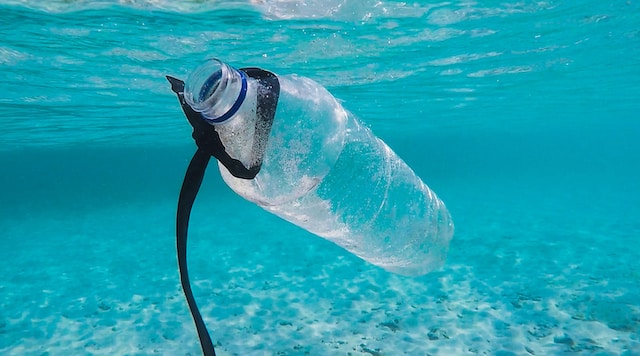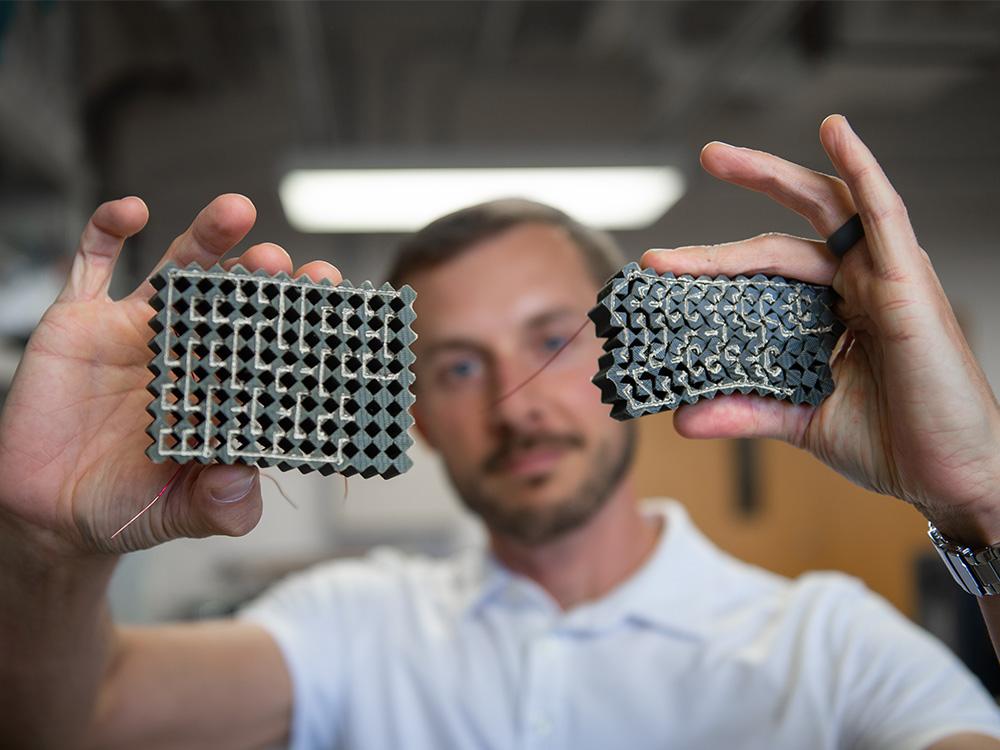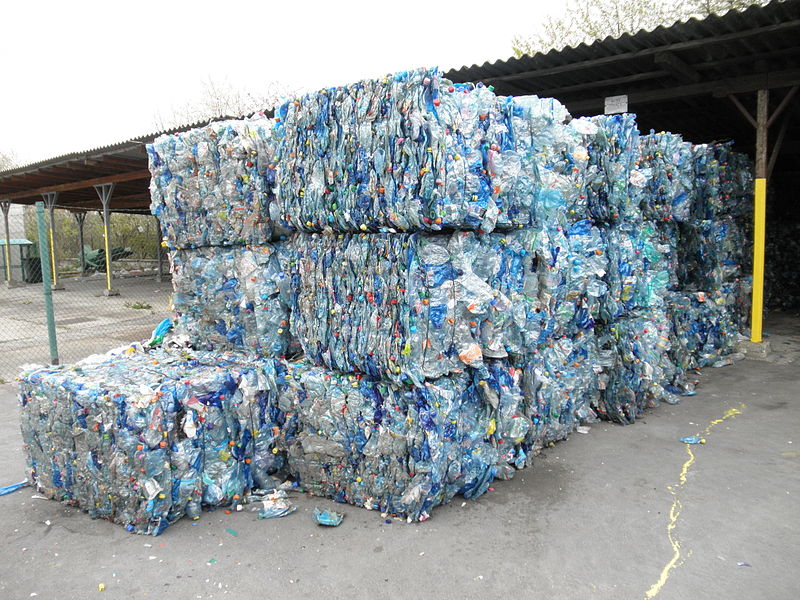In today’s world, the production of plastics has reached an astonishing figure of over 300 million tons annually. Unfortunately, approximately half of this staggering amount consists of single-use plastics, exacerbating the global plastic pollution crisis. A stark reality emerges as around 8 million tons of this plastic finds its way into our oceans each year, wreaking havoc on marine ecosystems and the environment at large.
Plastic, once hailed as an innovation of convenience and utility, has swiftly transformed into an environmental menace that demands our immediate attention. It is within this context that the 5Rs of waste management – Reduce, Reuse, Recycle, Repurpose, and Rot – take center stage as potential solutions to alleviate the mounting plastic crisis. But how can these principles be effectively applied within the world of manufacturing, a sector deeply entrenched in plastic consumption? Let’s find out.
How Much of An Impact Do Manufacturing Companies Actually Have?
While the shared responsibility for addressing climate change and environmental issues is acknowledged, manufacturing companies undeniably wield a substantial influence on our ecosystem, hence carrying a significant burden of responsibility. The root cause of plastic pollution infiltrating our oceans predominantly lies in inadequate waste management practices and the lack of effective recycling infrastructure. Additionally, market dynamics and selective accountability contribute to the dire state of our oceans.
Efforts towards recycling have gained momentum, with many industries now mandating the inclusion of recycled materials in their products. Some corporations have even set ambitious targets of using 50-100% recycled material across their entire product range. However, a paradox emerges: While informal waste collectors diligently gather valuable recyclable materials like PET plastic bottles, the non-recyclable, low-value plastic from the same sources remains untouched. This phenomenon, often referred to as ‘orphan plastic,’ perpetuates ocean pollution and adversely impacts coastal communities.
What About Recycling Plastic?
The dichotomy in market demand creates a skewed system where companies focusing solely on valuable plastic recycling inadvertently perpetuate environmental imbalance. This leaves low-value, predominantly single-use plastics neglected and unrecycled, further aggravating environmental challenges in communities with minimal waste management infrastructure. This predicament echoes a broader issue observed in the Carbon Majors report, revealing that a mere 100 energy companies are accountable for 70% of global greenhouse gas emissions. Beyond the immediate environmental impact, it becomes evident that a single company’s influence permeates far beyond its operations, casting a significant shadow on global sustainability.
The question arises: How can companies, armed with the power to initiate substantial change, align their operations with ethical considerations? Acknowledging the symbiotic relationship between ethical conduct and long-term success, companies can strategically embrace Corporate Social Responsibility (CSR) as a compass for their actions. By integrating sustainability into their core values, businesses can demonstrate commitment to societal well-being while nurturing their own growth.
Though recycling undeniably presents a favorable alternative to the rampant consumption of plastic, its result remains circumspect. Merely 9% of plastic is recycled, emphasizing the limited impact of recycling in isolation. To truly confront the plastic predicament, a multifaceted approach is essential – one that addresses the entire plastic lifecycle and mitigates the root causes of pollution.
How Sustainable Operations Can Be Implemented?
Several plastic manufacturing enterprises are proactively embracing sustainability initiatives. Key strategies include:
- Educational Outreach: Raising awareness among businesses about recycling’s significance.
- Advocacy for Zero Waste: Encouraging the industry to minimize waste generation.
- Recycled Product Innovation: Developing new products utilizing recycled plastics.
- Waste Quantification: Accurately measuring wasted plastic materials.
- Skilled Workforce: Employing trained personnel proficient in efficient equipment operation.
- Effective Collection Models: Establishing efficient systems to gather used plastic materials.
Ways Manufacturing Units Can Reduce Plastic Waste
1. Packaging Reduction
Minimize excess packaging by adopting suitable containers, such as durable plastic totes and metal drums, which prevent product movement during transportation.
2. Adherence to International Standards
Embrace international standards like ISO 9001 certification, which ensure eco-friendly operations, quality control, and plastic waste management.
3. Utilize Waste Management Equipment
Leverage advanced waste management technology, including plastic shredders, baler machines, and garbage compactors, to process and recycle plastic waste effectively.
4. Bio Plastic and Waste Management
Explore bioplastic alternatives derived from sustainable sources like vegetable fats and agricultural by-products, which decompose naturally and reduce the ecological impact.
5. Incorporate Minimal Waste Generating Technology
Invest in cutting-edge machinery that optimizes plastic production, minimizing waste output.
Final Thoughts
The manufacturing industry is constantly changing. With the introduction of new technologies and trends, methods may shift, but one thing remains constant: the importance of sustainability. The era of using throwaway packaging and inefficient production methods is behind us. Take action now to enhance your business approach and ensure your company aligns with a sustainable future.
Author Bio:
Erich Lawson is passionate about saving the environment through effective recycling techniques and modern innovations. He works with Compactor Management Company and writes on a variety of topics related to recycling, including tips and advice on how balers, compactors, and shredders can be used to reduce industrial waste. He loves helping businesses understand how to lower their monthly garbage bills and increase revenue from recycling.







